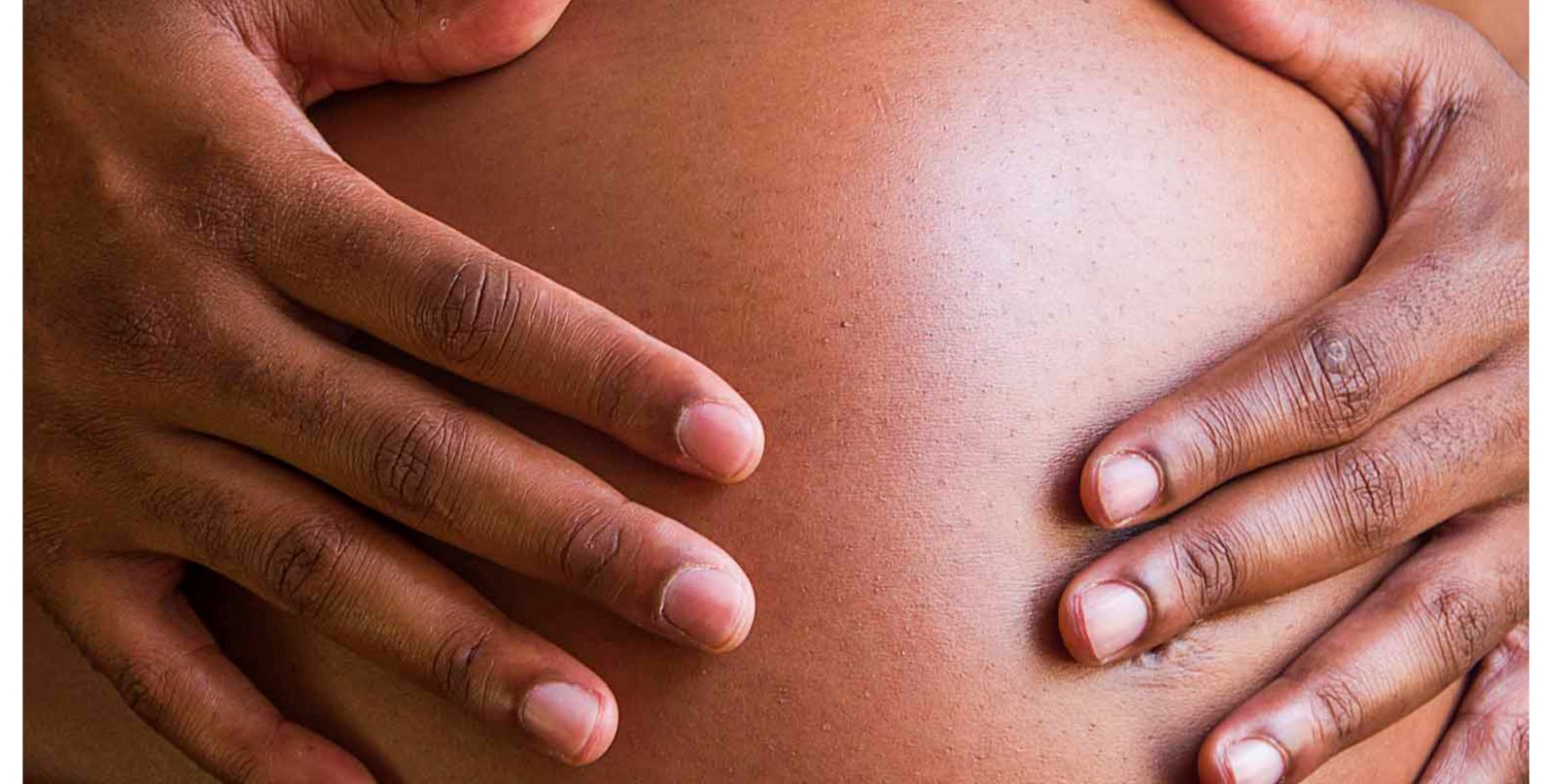
The food choices you make before you become pregnant and throughout pregnancy may be the most important food choices you make in your lifetime. And don’t forget about the baby’s father, because before pregnancy his diet matters too! A joint effort to add in nutrient-dense foods with the necessary vitamins and minerals for the baby’s development while cutting way down on fried foods, alcohol, sugar and soda as well as processed foods are necessary steps to increase the chances that your baby and you will remain healthy.
While pregnant, it’s critical to keep in mind that eating for two does not mean eating excessive amounts during meals or throughout the day. Rather, eating too many calories can heighten the risks of medical concerns such as gestational diabetes or high blood pressure. Eating too much while pregnant also puts the baby at a higher risk for obesity in childhood or even as an adult. So when hunger hits, it’s best to add nutrient-dense foods in the form of mini meals between breakfast and lunch and between lunch and dinner.
The best way to get the nutrients you need? Think protein, such as a hardboiled egg with avocado or guacamole, a small plate of beans and chicken or low-mercury fish. Add in fresh fruit or vegetables and a healthy fat such as a small amount of cheese as a snack or addition to your mini meal and you’re good to go. As cravings for sweets and salty foods do happen, the best advice is to give in to them occasionally, but take care not to overdo it.
Three of the most important vitamins and minerals during pregnancy are 1. calcium for your baby’s tissues and bones (found in quality sources of dairy foods), 2. folic acid to protect against neural tube birth defects (found in dark leafy greens) and 3. iron to help red blood cells carry oxygen to your developing baby (found in meat). Also seek out the protein, omega-3s and fiber in the foods listed below.
Protein in Eggs Meat, Chicken and Pork
Eggs are a great, easy and inexpensive way to get protein and are filled with 12 vitamins and minerals, including choline, which helps to promote your baby’s overall growth and brain health. Don’t worry about the cholesterol in eggs; eating fried foods with excessive saturated fat will increase cholesterol levels more readily than eating cholesterol naturally found in food such as eggs. Healthy women with normal blood cholesterol can consume one to two eggs a day.
Meat is also an excellent source of high-quality protein; beef and pork stand out among meats because they contain choline in addition to protein. Opt not to eat deli meat or hot dogs though, unless they’re heated until steaming hot. There’s a small risk of passing bacteria and parasites, such as listeria, toxoplasma or salmonella, from the meat to your baby, according to Mayo Clinic obstetrician Mary Marnach. Also these processed forms of meat can have high amounts of nitrates and toxic chemical additives that are best to avoid while pregnant.
Omega-3s Found in Fish and Walnuts are good for your baby’s development and may help boost your mood. Seek out fish that has low amounts of methylmercury, a compound that can be harmful to your baby’s developing nervous system. If amounts of mercury are unknown, limit fish intake to twice a week. Certain nuts, especially walnuts, are one of the richest sources of plant-based omega-3s.
Fiber and Iron found in Beans and Lentils: One food that is eaten daily in Costa Rica may be one of the most perfect foods for pregnancy: the black bean. Black beans, lentils, pinto beans and garbanzos all add fiber, which is important at any time of life but especially during pregnancy when your gastrointestinal tract slows down. Beans are also a good source of folate, calcium and zinc.
Fruits and Veggies: Eating an assortment of fruits and vegetables ensures that you and your baby will receive a variety of nutrients, and a major plus of eating plant foods such as dark leafy greens, broccoli, mango and bananas during the later stages of pregnancy is that when the baby “eats” the foods you eat through the amniotic fluid, your baby will be more likely to enjoy these types of food later on.







Comments